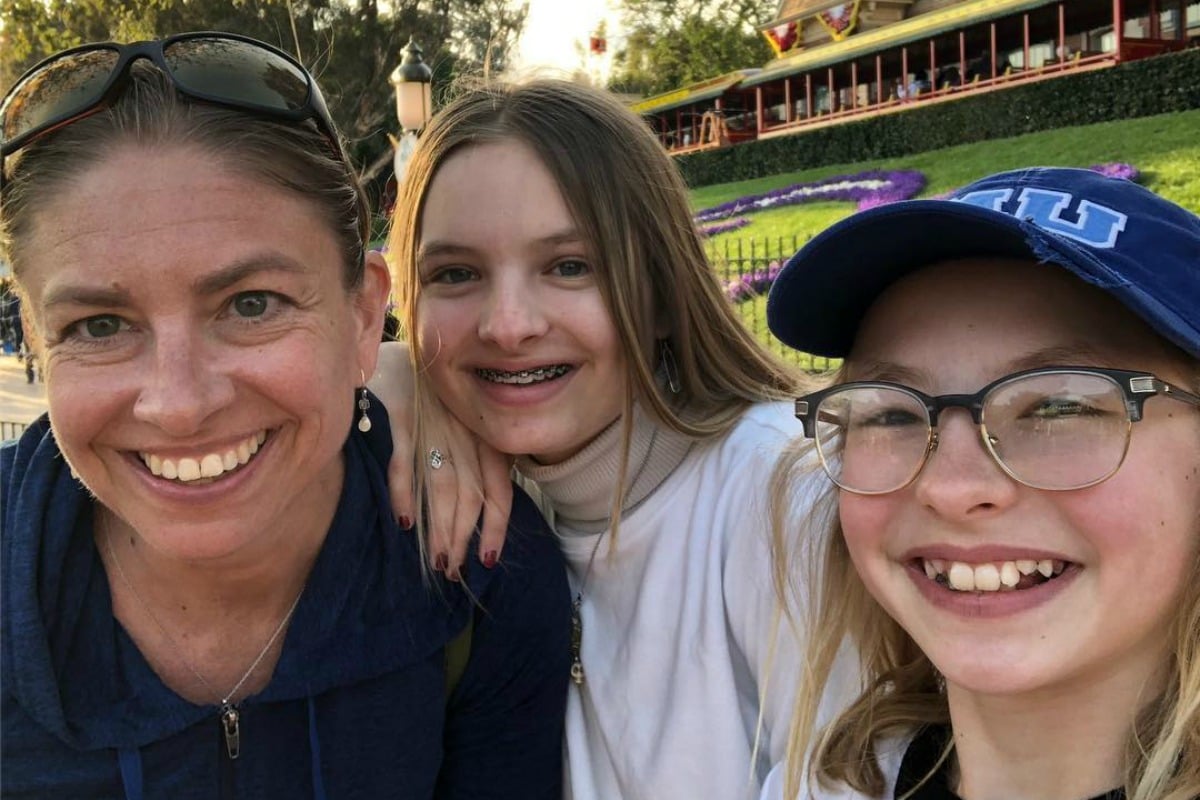
This post deals with miscarriage, and might be triggering for some readers.
In the early days of February 2003, the amniotic sac in my uterus ruptured. It came as a spurt of viscous fluid soaking my sheets in the wee gloomy hours of a morning. At 12 weeks pregnant, nothing about that puddle was a good sign.
The event marked the beginning of a three-month ordeal that would take me through the murky depths of omnipresent fear and uncertainty to the gut-punch of trauma, loss, and grief.
The experience would also send me to the giddy heights of existential transcendence. The time I had with that baby would explode my worldview and change my life forever.
Watch: A tribute to all the babies we’ve lost. Post continues below.
It’s also the period in my life that is most on my mind these last few weeks. Of all the experiences I’ve had in nearly 50 years on this planet, the season of my first baby most prepared me for life in pandemic times.
The morning my uterus ruptured, I assumed I was losing the baby. But it turns out these things take some time to determine. A trip to the ER, some hours of waiting, hospital maxi pads, a worn-out hospital gown, more hours of waiting, busy doctors who had more significant lives to save than my baby’s — or at least lives to save that they could indeed save — a visit with my obstetrician, an ultrasound.
